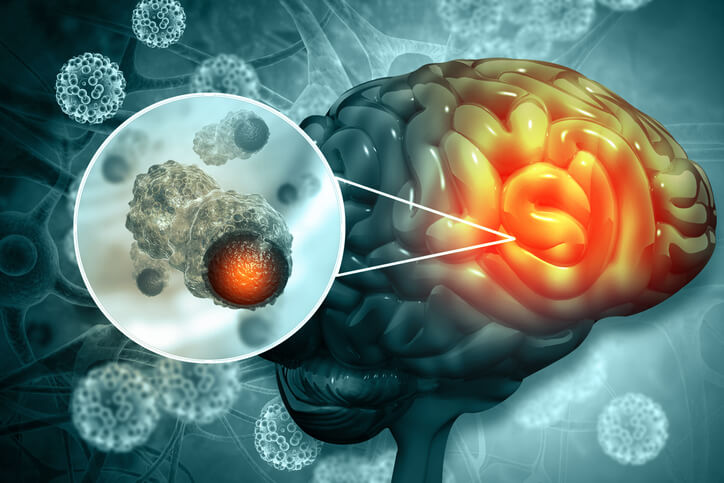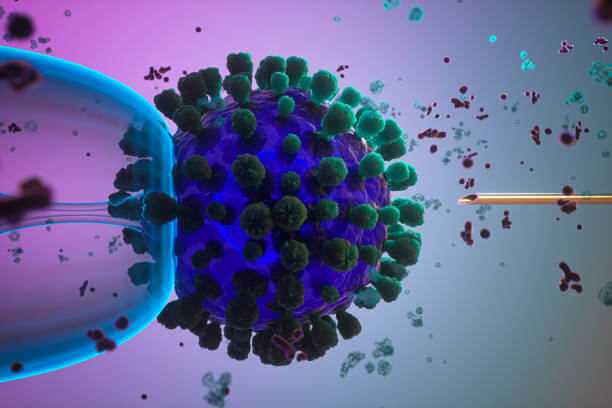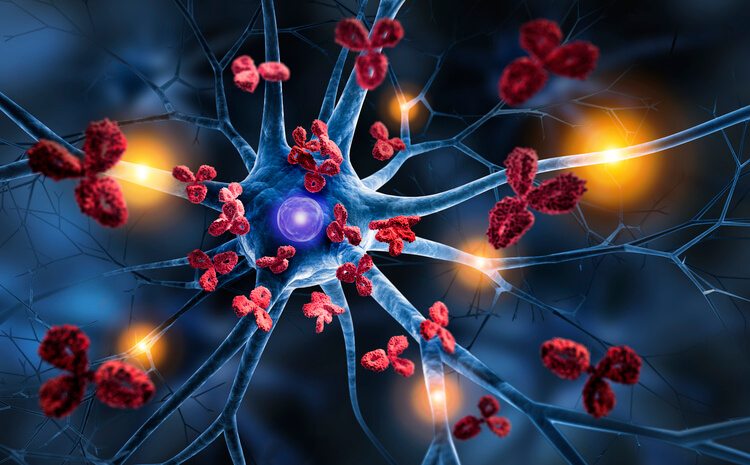OBGate (Creating an orthogonal gate to the brain)

Lead researcher

Funds Source:
European Union
Period:
01/06/2023 to 31/05/2028
Project status:
ACTIVE
Funding:
1,499,136 €
Change of paradigm in the the field of brain delivery: opening a new Orthogonal Brain Gate where targeted drugs will be able to cross the blood brain barrier for the treatment of brain diseases
OBGATE is an ERC Starting Grant funded by the European Research Council Executive Agency
Many impairing illnesses raging from metastatic cancers to neurodegenerative diseases affect the brain. Unfortunately, delivery of therapeutics to the brain is highly challenging due to the blood-brain barrier (BBB). Despite decades of research, no safe and efficient strategy to overcome this barrier has reached clinical application.
We propose in OBGATE a concept that will revolutionize brain transport: creating a new orthogonal receptor to mediate transport across the BBB. Numerous molecules have been developed to achieve brain delivery via receptor-mediated transport. However, delivery is very limited presumably because no receptor combines 3 key features: high transport efficiency, high expression on the BBB, and low expression on peripheral tissues. The greatest limitation of current efforts is trying to solve both selectivity and efficient transport in a single delivery vehicle. Our unprecedented approach is based on dissecting this problem in two: increasing transport efficiency with the new orthogonal receptor OBGate and addressing selectivity with a highly efficient targeted vehicle to express the receptor only at the BBB. As an example to prove the efficiency of our system we will aim to deliver biotherapeutics for the treatment of brain metastatic breast cancer. Overall, we will open a new gate to the brain that is poised to be paradigm-breaking in the treatment of neurological diseases.
Collaborators / Funding entity

ERC
Research groups

GEMAT – Materials Engineering
The GEMAT group (Materials Engineering Group) conducts its activity in three main areas: the development of new functional materials, surface engineering and biomaterials.

ChemSynBio – Chemical & Synthetic Biology for Biotherapies
In the ChemSynBio group (Chemical & Synthetic Biology for Biotherapies) we combine the power of chemical and synthetic biology to create protein-based precision therapeutics and biomedical tools. Our main goals are to treat brain tumors and other brain diseases, and to understand and improve drug transport across the blood-brain barrier.









